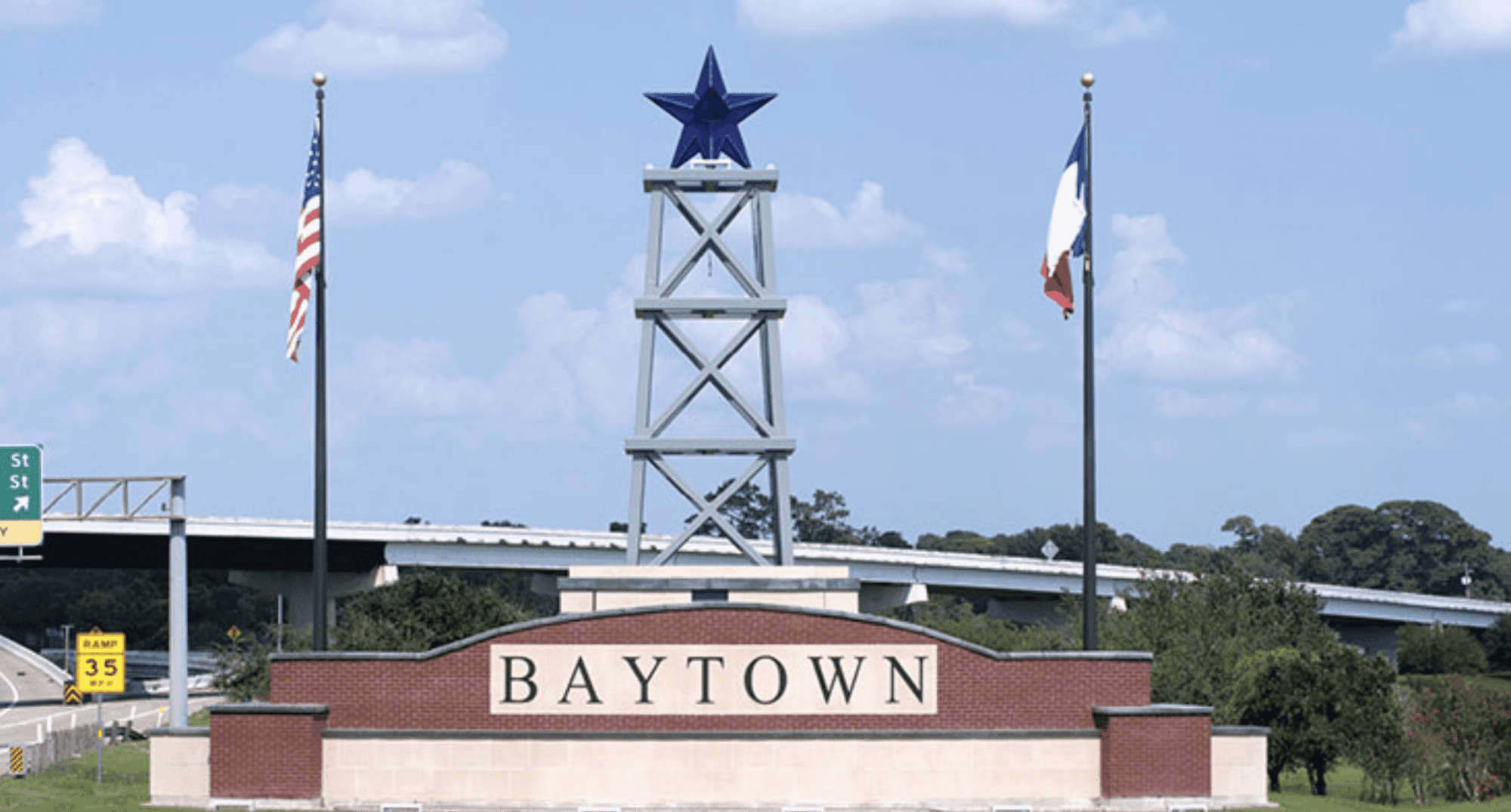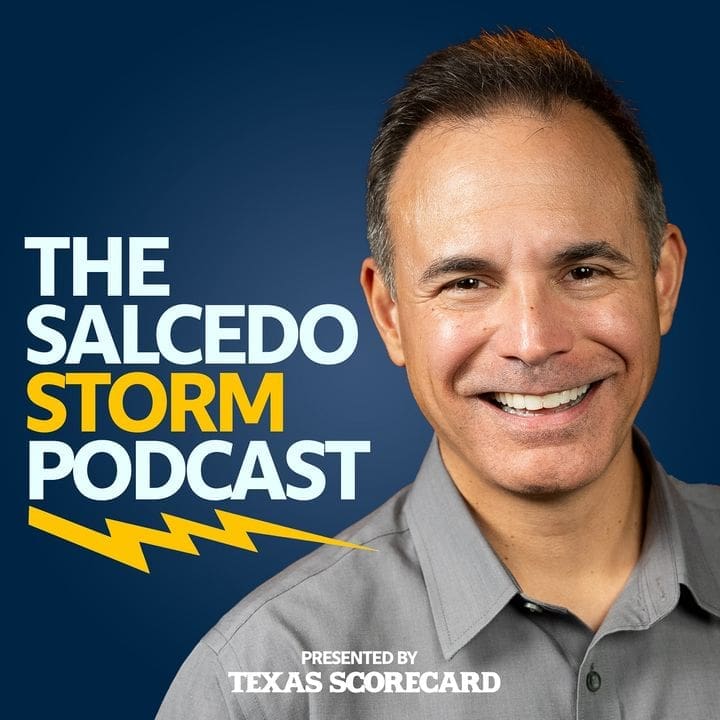Mandatory sick leave laws are trying to gain a foothold in Texas. Here’s why all Texans should oppose them.
In February, the City of Austin passed an ordinance requiring all businesses to provide paid sick leave for their employees. Since then, other cities across Texas have been attempting to do the same: San Antonio and Dallas both had petitions circulating to put mandatory paid sick leave on the ballot. Dallas’ failed after the city clerk determined almost half of the 110,000 signatures did not qualify—30,000 of them could not be confirmed as registered voters, and scores were duplicates or from outside Dallas. San Antonio’s petition is still pending review by the city clerk.
The push for mandatory paid sick leave mandates are built on sympathetic rally cries such as “basic human rights,” and “defending workers and families.”
Austin City Council Member Greg Casar said, “Paid sick days protect the health and safety of families by ensuring people can take the necessary time for themselves and their loved ones when they’re sick.”
Supporters then advocate for a government mandate as the solution: paid sick days are beneficial, so we should require all businesses to provide it. They paint themselves as the protectors of the disadvantaged.
Casar is completely right in claiming that paid sick leave is a great benefit for workers and families. Why not then require businesses provide the benefit to their employees?
However, this is where the costly mistake occurs.
While paid sick leave is a great component in any benefits package, having the government mandate it to every business has been shown to be harmful, especially on the very employees and families it claims to help. Unfortunately, examining the results of a such a mandate is often overlooked or disregarded during debate on the topic.
Why should Texans want to prevent this mandate from becoming law? Simply look at the damage it has done to employees in other cities.
San Francisco mandated paid sick leave in 2007, and in just a few years after implementation, a study indicated over 30 percent of the city’s lowest-paid workers reported layoffs or reduced hours, wages, and other benefits.
Connecticut became the first state to enact mandatory paid sick leave in 2012, and an initial report showed that one-third of 86 surveyed businesses were forced to reduce employee benefits, and one-fifth had to raise prices, cut workers’ hours, or even lay off employees.
Ironically, because of the mandate, some employees not only lost paid sick leave—they lost their job.
Furthermore, a follow-up study done three years after enactment showed that younger employees in Connecticut suffered the most, losing 24 hours of work per year. “For a part-time employee in the service industry, that’s the equivalent of roughly one lost week of work per year,” the report said. “These employees [earning minimum wage] lost $850 per year in annual income.”
A comprehensive report by the Freedom Foundation examined the 10 most significant studies on mandatory paid sick leave and found similar trends: employees were likely to lose wages, benefits and even their jobs. Consumers often saw higher prices. The alleged benefits of reduced turnover, sick presenteeism, and employer savings failed to materialize.
If the goal is truly to provide a beneficial solution for sick employees, why should Texans enact a policy that has proven will fail and actually harm them?
Supporters of these mandates often focus solely on their intentions, rather than considering the actual real-world results of the policy they’re advocating. Working Texans must see the truth behind all the noise, because they are the ones who will directly feel the negative consequences if these mandates take effect.
As Nobel Prize winning economist Milton Friedman famously said, “One of the great mistakes is to judge policies and programs by their intentions rather than their results.”
And if this mandate is indeed forced upon them, no amount of good intention can protect from the harm of a bad policy decision.





